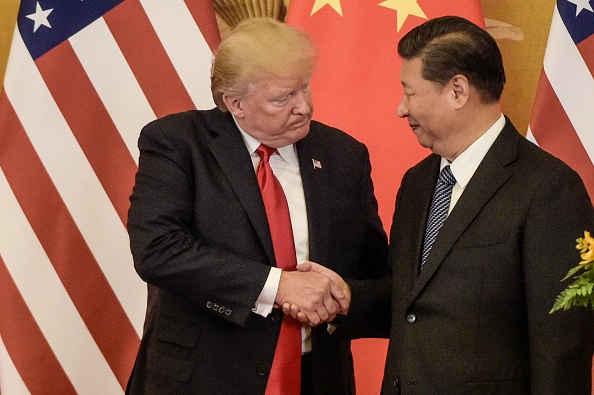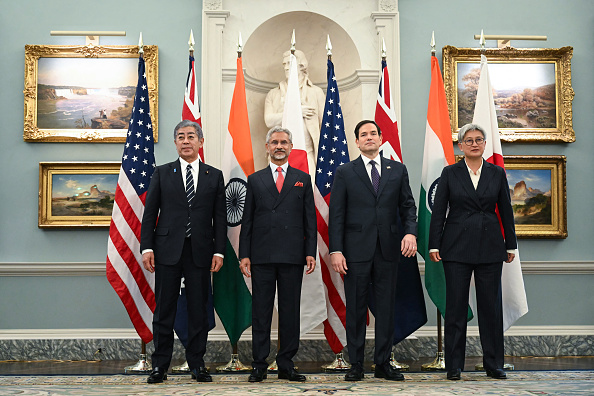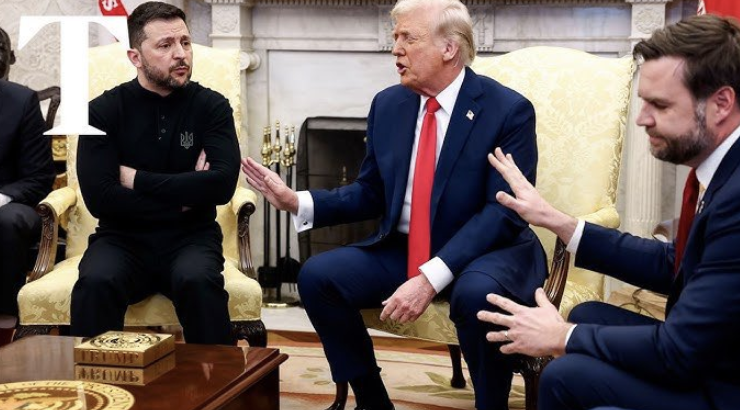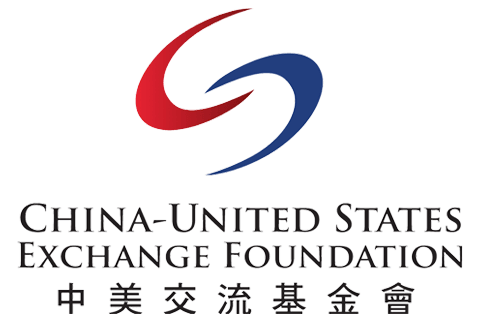
Dear Focus Reader,
China's annual "Two Sessions" commenced in Beijing this week, bringing nearly 5,000 delegates together to outline the country's policy priorities for 2025. The meetings, which run through March 11, will set China's economic and political agenda for the year ahead, with key discussions expected on economic recovery, national security, and foreign policy.
Chinese President Xi Jinping's initial remarks largely focused on national security, social stability, and economic recovery. He emphasized the importance of maintaining China's sovereignty and strengthening its domestic governance to address both economic challenges and internal social pressures. A key element of his message was reinforcing China's strategic autonomy in a changing global landscape, particularly as tensions with the U.S. and other Western powers continue to rise.
Premier Li Qiang's Government Work Report, a key component of the meetings, set a GDP growth target of around 5% for 2025, underscoring Beijing's focus on economic stability. Li called for early and decisive action to restore confidence, with a shift toward front-loaded stimulus and measures to boost domestic consumption. Analysts note that while the report signals urgency, its broad guidance leaves questions about how these policies will be implemented.
On the geopolitical front, Foreign Minister Wang Yi addressed growing tensions with Washington, criticizing what he described as U.S. efforts to contain China's rise. While reaffirming China's commitment to peaceful development, he warned against "unilateral bullying" and called for a multipolar world order.
Wang's remarks come as China grapples with its strained relationship with the U.S., which has imposed new tariffs and expanded technology restrictions. They also followed remarks from China's embassy in the U.S. this week stating, "If war is what the U.S. wants, be it a tariff war, a trade war, or any other type of war, we're ready to fight till the end," some of the most intense rhetoric we've seen since Trump took office.
Learn more on China-U.S. relations by catching up on our latest Focus content, including articles on China-U.S. trade, Trump's Asia-Pacific policy, and diplomacy.
The population of ASEAN nations, making up the fifth largest economy in the world — but despite this, they have long been under-represented in mainstream policy discourse.
Read more in "Three Challenges for ASEAN States in the Era of Trump 2.0" by Brian Wong, Assistant Professor in Philosophy and Fellow at Centre on Contemporary China and the World, HKU and Rhodes Scholar.
Glazed Tiles | Forbidden City
Watch VideoIn our Focus Insights section, we featured an article by Christopher McNally Professor at Chaminade University, where he examines the potential for China-U.S. relations under a second Trump presidency.
We want to hear from you!
How might Trump's trade policies impact China's economy, particularly given its current challenges?
Submit your thoughts to USeditor@chinausfocus.com for a chance to be featured in next week's Focus This Week.
useditor@chinausfocus.com for more info.
Prepared by China-US Focus editorial teams in Hong Kong and New York, this weekly newsletter offers you snap shots of latest trends and developments emerging from China and the U.S. every week. It is a community space to exchange thoughts and ideas about the China-U.S. relationship and beyond.
- 2025-02-28 Focus This Week: A Dramatic Shift
- 2025-02-21 Focus This Week: Straining Ties
- 2025-02-14 Focus This Week: Deals and Defense
- 2025-02-07 Focus This Week: The Saga Continues
- 2025-01-31 Focus This Week: Tariffs and Tech
- 2025-01-24 Focus This Week: A New Era
- 2025-01-17 Focus This Week: Refuge on RedNote
- 2025-01-10 Focus This Week: Learning From Legacy
- 2024-12-20 Focus this Week: New Hope for TikTok
- 2024-12-13 Focus This Week: Reinforcing Ties
- 2024-12-06 Focus This Week: Global Uncertainty
- 2024-11-22 Focus This Week: Diplomatic Shifts
- 2024-11-15 Focus This Week: Reflection and Forecast
- 2024-11-08 Focus This Week: Election Aftermath
- 2024-11-01 Focus This Week: Entering A New Era
- 2024-10-25 Focus This Week: Building Bonds at BRICS
- 2024-10-18 Focus This Week: “A Partner and Friend”
- 2024-10-11 Focus this Week: Tense Waters



